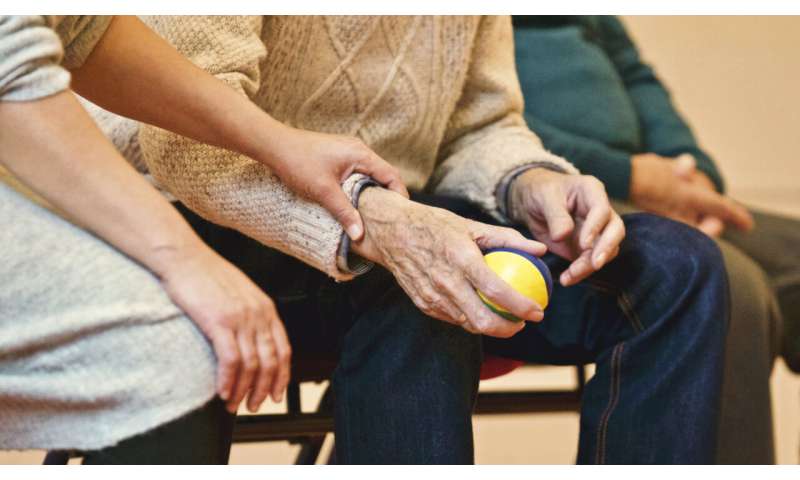
Is it possible to improve clinical practice and patient outcomes by using vast amounts of healthcare data? Considering that such information is scattered across multiple institutions and countries, stored in different formats and under different rules, how can it be analysed and utilised to benefit patients?
The EU-funded EHDEN project is addressing exactly this issue to improve patient care and enable medical outcomes-based research. “EHDEN was launched to address the current challenges in generating insights and evidence from real-world clinical data at scale, to support patients, clinicians, payers, regulators, governments, and the pharmaceutical industry in understanding wellbeing, disease, treatments, outcomes and new therapeutics and devices,” as noted on the project website.
With 22 partners, including academia, SMEs, patient associations, regulatory authorities and pharmaceutical companies, EHDEN is building a European data network to perform fast, scalable and highly reproducible research. “We aim to standardize 100 million patient records across Europe from different geographic areas and data source types, e.g. hospital data, registries, population databases,” the project website states.
Project milestones
A group of trained, certified SMEs will be responsible for converting the data owned by hospitals into a common data model, respecting privacy regulations, local data provenance and governance. As explained in the summary report of the project’s 1-year progress, the first open call for SMEs in Europe to receive training and certification in the harmonization of data resulted in 11 EHDEN-certified SMEs covering nine countries. Following the first pilot call for data partners, 19 were selected. “Combined, these partners cover eight countries and over 170 million patient records. These patient records selected cover a wide diversity of data, including: Insurance/administrative claims, Outpatient electronic health records, Inpatient hospital electronic health records, Inpatient hospital billing systems, Registries and Biobanks.”
According to the same report, the architecture was established with an initial working version of the EHDEN portal up and running. Project partners also made progress in the development of the database catalog, data characterization tools and dashboards. In addition, the EHDEN Academy, an e-learning environment aimed at training all project stakeholders in the use of EHDEN tools and processes, has supported the SME certification curriculum. “Ninety users across 11 SMEs and our own EHDEN partners have tested and taken the six courses currently in the Academy,” as stated in the report. EHDEN’s three priority stakeholders are SMEs, data sources, and regulatory/health technology assessment (HTA)/payer agencies. “During the second year, we will target the pharmaceutical industry and patients/patient representatives as the next stakeholder groups.”
Another achievement was the development of protocols for different use cases like drug utilization studies, regulatory research into the safety of drugs and devices, and HTAs. Project partners also held a study-a-thon that involved the safety comparison between two types of medical devices for knee replacement surgery: partial vs total knee replacement.
Source: Read Full Article
